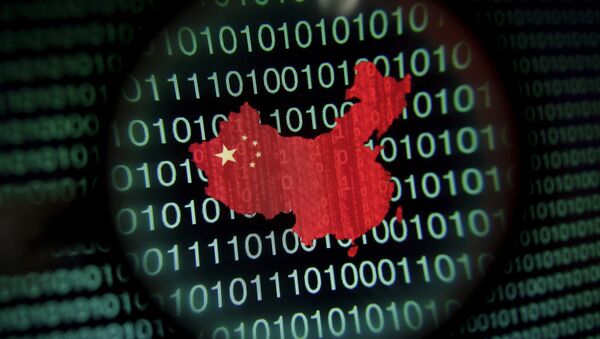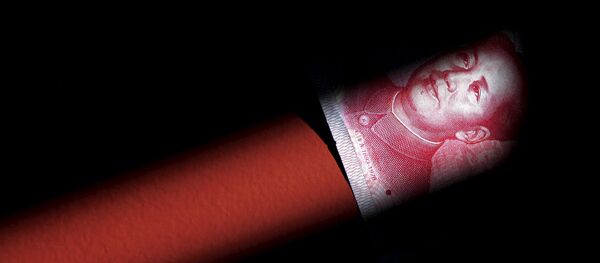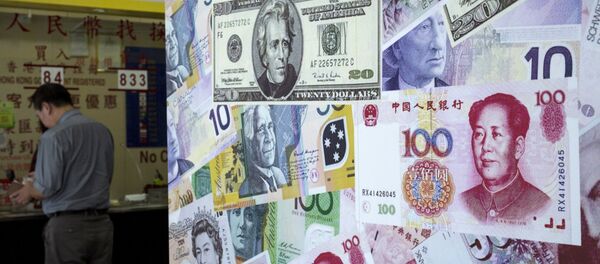Kristian Rouz — While China is struggling to reverse the ongoing slowdown in its economy using policy methods similar to those implemented by the US back in 2008, the International Monetary Fund (IMF) signaled its more favorable stance toward China's bid for inclusion of the renminbi in the Fund's basket of reserve currencies. The quantitative easing policies the People's Bank of China is implementing are widely used amongst the advanced nations when addressing structural problems, and as the scope of offshore renminbi trading is expanding with London being the major hub, the IMF feels more comfortable with China providing its own staple in international currency reserves.
The still ongoing reform of the IMF, including the review of the SDR and national quotas, was stalled since 2010. That year, the Fund rejected China's bid for the renminbi's inclusion into the reserve currencies basket as it felt China currency's presence in international transactions was insufficient, while its FX rate was far from being market-determined thus making the renminbi not freely convertible.
The situation has since changed, as China has significantly expanded the scope of its offshore renminbi trading, relaxed its capital controls and accumulated a massive external debt.
Some market participants expect roughly $1 trln of international assets to be converted into the renminbi once the Chinese currency is included in the IMF's pool of reserve currencies. This applies first and foremost to the emerging markets in Africa and Latin America, where China has a significant investment presence.
Given Beijing's vast financial presence in the third world, the renminbi is thus becoming an important international unit of capital accounts, making financial monitoring of many emerging markets a much simpler task.
Moreover, recently Beijing announced its plans to issue three-month treasury bills in order to make the national currency more market-adjusted and less government-administered in terms of interest and exchange rates.
Still, the renminbi's inclusion in the IMF reserve currencies pool will be a political decision. The US hold a quota of 16.75% in the Fund's nominal capital, while a decision on a full-scale IMF reform would require 85% of the vote, giving the US the right to veto any measure they don't like.
Washington said, however, they would approve such a move should the renminbi's inclusion satisfy the Fund's technical criteria. Still, with the US national election in November 2016, US opinion is subject to change.



